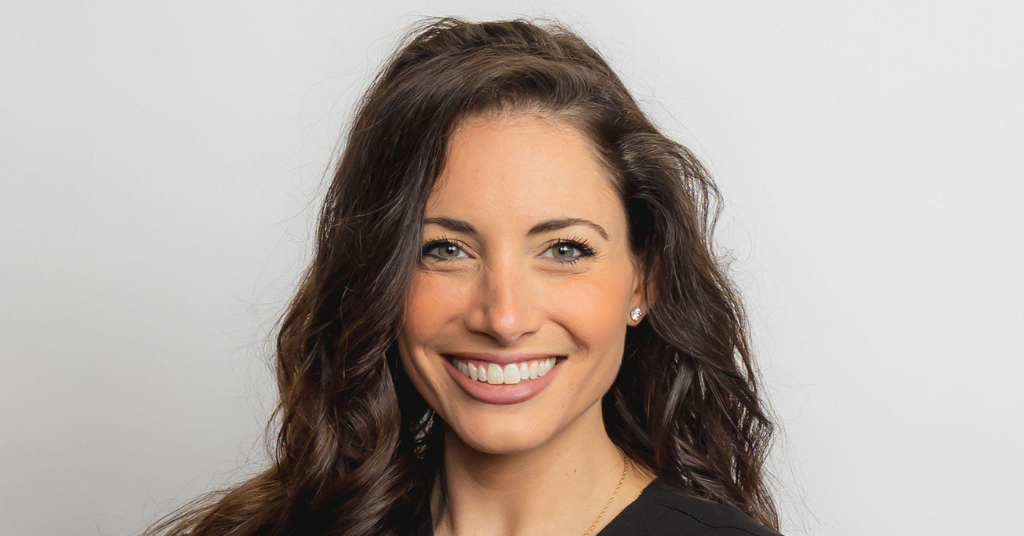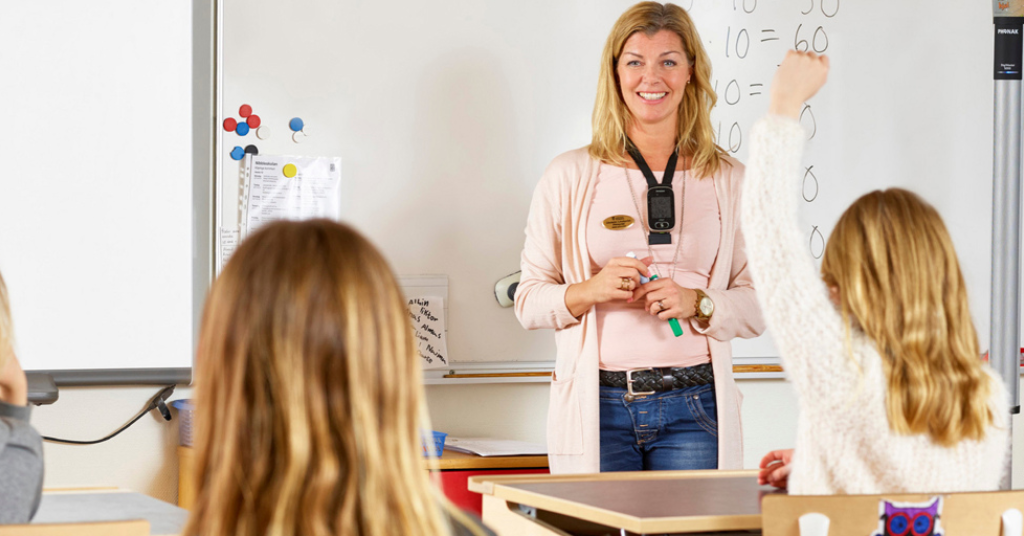
D.J. Demers ‘The hearing aid guy’ is back on Conan
July 14, 2017
Golfer Kaylin Yost to compete in 2017 Deaflympics
July 18, 20175 Ways to Teach Children about Hearing Loss to Discourage Bullying

Kids will be kids, and bullies sometimes exist. But how can you protect your children? Is there a way, as a parent, to deal with bullying of kids with hearing loss?
My two oldest sons were in the same preschool program. Each had their own class, but they interacted with a similar group of children. There was one boy in particular that picked on Ayden, who wears hearing aids. I had to watch him and be extra vigilant when he was around.
One day after school, many of the kids from class were playing tag at the park. The boys were running around a huge field. I began to notice the boy singling Ayden out. Suddenly, from afar, the boy headed straight toward Ayden.
I started to run over to the scene. My heart sank. I knew I wasn’t going to get over there fast enough. That is when I was stopped in my tracks.
Seemly, out of nowhere, my oldest son, Landon, stepped in between this boy and Ayden. He put his arms out wide, making it clear that this boy was going to have to go through him to get to Ayden. The boy diverted his attention and was off to chase another kid.
Siblings Are Superheroes
This story will forever be embedded in my memory. I recently read this quote, “Who needs superheroes when you have a brother.” That was what Landon was to Ayden that day at the park – a superhero.
When the going gets tough – my kids have each other’s back. However, everyday life does not always look as heroic. The boys are close in age, like the same activities, but they are very different little people. They can really get on each others nerves. Ayden’s hearing loss adds to the complexity of their interactions.
A scenario that we get often usually revolves around some kind of wrestling. All of my kids love to be rough-housed. From being thrown in the air, to tickle torchers, to tackling each other over. Usually, they go down as any normal household does, but on occasion, we see when Ayden’s hearing loss can create some added frustrations. One time, the boys were wrestling when Landon’s laughs quickly turned into cries. Landon was stuck under a pillow and was struggling to breathe. The problem is that Landon’s laugh and cry can sound pretty similar and be easy for Ayden to confuse the two. He continued to tackle Landon despite the cries. Thankfully, I was right there and we were able to use the situation to teach both boys.
Education leads to Empathy
Having my children connect with each other is important to us as a family. We want to generate a closeness among our kids. Additionally, we want our hearing child to be an advocate for our children with hearing loss. For that to truly happen, we need to be able to equip Landon with the skills to know how best to connect with both his brother and sister with hearing loss.
“…we want our hearing child to be an advocate for our children with hearing loss.”
Educating our children about hearing loss creates empathy. The more that Landon learns and knows about hearing loss, the more empathy he can have for his siblings.
According to Psychology Today, empathy is defined as “the experience of understanding another person’s condition from their perspective. You place yourself in their shoes and feel what they are feeling. Empathy is known to increase prosocial (helping) behaviors.”
The more we can share with Landon, the more he can understand what life is like for his siblings. The more empathy he has for his brother and sister the better he can connect and relate with them.
5 Ways to Teach Children about Hearing Loss to Discourage Bullying 
1. Teaching on the go
We use everyday situations to teach our children about hearing loss, as well as, other disabilities. For example, when we are headed to the beach we prepare all our children for what it will be like when Ayden and Sayge do not have their hearing aids on. We talk about tools that can help us all communicate and relieve any possible frustrating situations. We use this time to talk through our favorite signs that we use at the beach, the importance of staying close and making sure we make eye contact and watch each other’s faces.
Read more: 5 Common Hearing Aid Challenges for Kids and How to Solve Them
The more Landon can understand the limits of his brother and sister’s hearing, the better he can accommodate to them. This a key way to help them create a great connection. Landon can understand that Ayden isn’t responding because he is trying to be mean, but he simply isn’t hearing him completely.
2. Reading Books
We read every book about deafness and hearing loss that we can get our hands on. Reading a book about hearing loss is for my children with hearing loss, however, reading books about hearing loss is also essential for my hearing child. These stories open his eyes to a world of what life is for his brother and sister and others with disabilities.
Reading books about hearing loss has endless of benefits. We love reading for a few main reasons: our children are able to see the vast diversity of hearing loss and other disabilities, new conversation is created, and it expands our vocabulary. When we read stories of other people and their struggles, we are able to enter into the life of other children with disabilities and hearing loss. This immediately creates empathy.
Read more: 5 Hearing Loss Books My Deaf Toddler Loves
3. Involve
We include our hearing child in everything our children with hearing loss experience. Landon knows how to put in a hearing aid, he knows how to take the batteries out, he knows where they go at night. He attends their hearing testing and ear mold appointments with us. We believe this is an essential part in creating empathy and also helping to create an advocate for the future.
4. Watch Videos
Watching videos is another avenue to see and experience stories of hearing loss. We believe the more we expose our children to others with disabilities, the more empathy they will have. We use videos to generate conversation as a family. What would life look like if you could not speak at all? How would they respond if hearing aids could not help your hearing? What do you think people assume about this person by looking at them? What is the reality? Using videos and pictures to teach our children creates not just advocates for hearing loss, but advocates for all people with disabilities.
5. Simulate Hearing loss
While Landon will never truly know what life is like for Ayden and Sayge, he can try to put himself in their shoes. We have done this by simulating hearing loss for Landon. Landon puts ear plugs in his ears so he can feel what it is like to have limited hearing. Additionally, we wanted Landon to feel the social implication of wearing a hearing aid. He used an old, non-operating hearing aid and wore it around for a day. The hearing aid was turned off, limiting his hearing. This gave him the experience of what it was like to have other people see him wear a hearing aid
Read more: Hearing Loss Simulator: Understanding mild-to-moderate hearing loss
Additionally, we want our children to have empathy for the deaf and hard of hearing community, as well as, other children with disabilities. We try to simulate many different disabilities such as being blind or limited physical abilities with hands or legs.
Our children are each other’s superheroes
Each of my kids has played that role for each other at some point. Our hope is that they continue to find ways to show up and have each other’s backs in life. This is one of the most incredible joys as a parent to watch.
As a family, we work hard to pave a pathway through education to create empathy in our kids. We use everyday situations to teach, read books, involve all our children in hearing loss activities, watch videos and look at pictures of others with hearing loss and other disabilities, and simulate disabilities. We know that empathy leads to understanding and connection for in our family and towards the world.
Do you have a child with hearing loss who has been bullied? What are some of your coping mechanisms? We’d love to read them in the comments!




